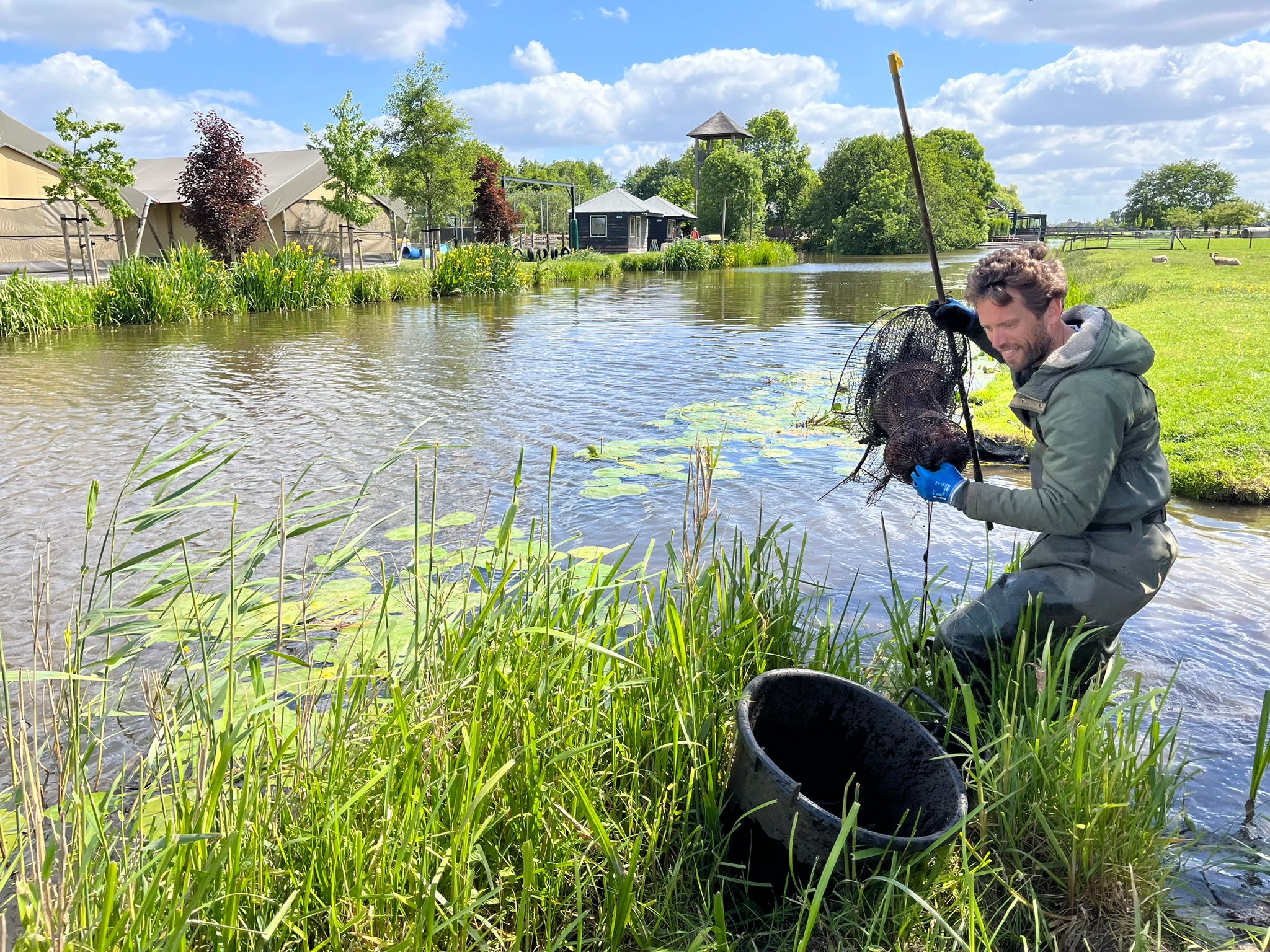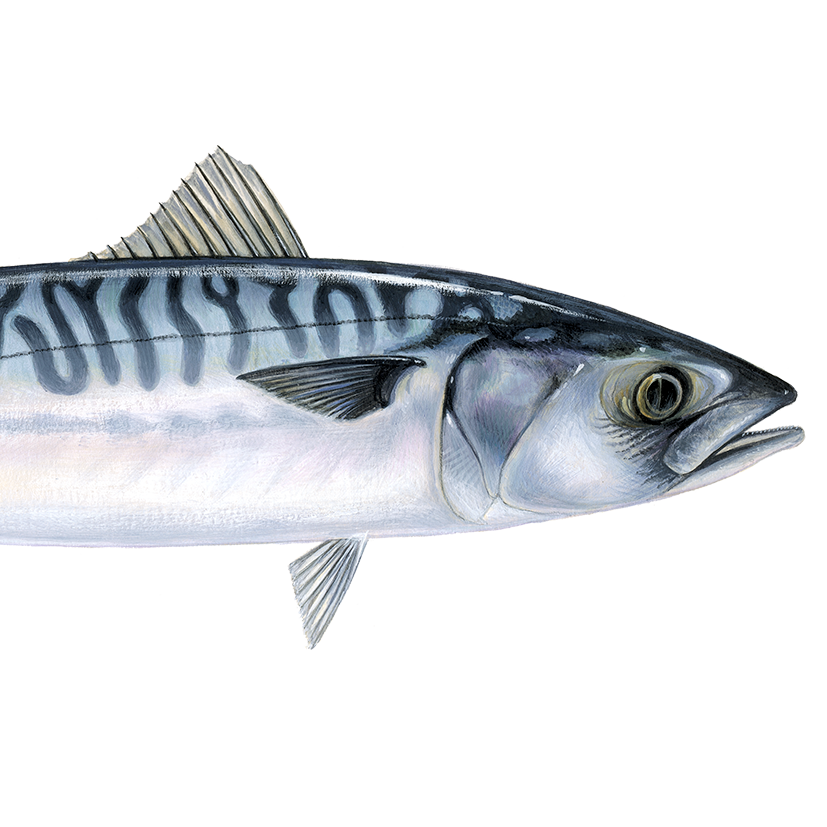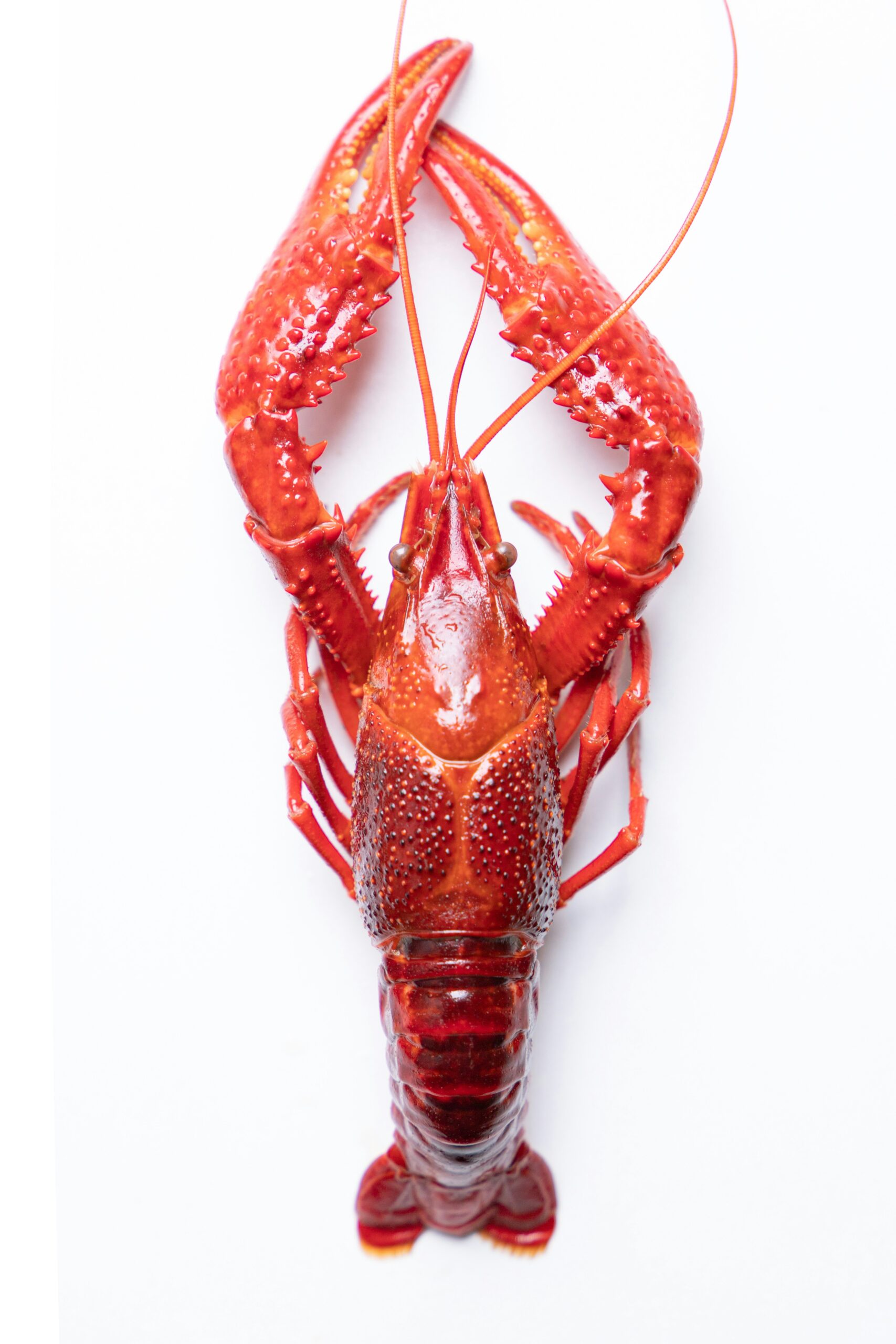
🦞 Looking for more variety in your work? Take on the adventure and become a part-time crayfisherman!
A few years ago I noticed it myself: I was too much inside, too often behind a screen. Whereas I

Mackerel recently went red on Good Fish’s fish guide. This means that eating mackerel is strongly discouraged because of severe overfishing. The mackerel stock in the Northeast Atlantic is no longer biologically healthy. Since 2010, concerned countries, including EU member states, the UK, Iceland and Russia, have structurally ignored the scientific catch advice. They do not make joint agreements on how much mackerel can be caught and set their own quotas. The result: a fishery that exceeds the carrying capacity of nature every year.
In 2019, the mackerel fishery already lost the MSC label. Without concrete international cooperation, recovery seems far away for the time being. Dutch supermarkets, which are committed to a fully sustainable assortment, will therefore offer mackerel less and less.
Consumers who want to make conscious choices may also consider eating crayfish from Dutch soil. This crayfish is an invasive exotic species and is considered a pest in the Netherlands because it damages biodiversity, aquatic plants and shorelines. By eating this crayfish, you help reduce the pressure on the ecosystem and you choose a local alternative. This way, as a consumer, you make a sustainable and nature-conscious difference on your plate.

A few years ago I noticed it myself: I was too much inside, too often behind a screen. Whereas I

Learn how to easily peel your own crayfish by hand and discover what that yellow or orange goodness is inside the lobster. Tips, explanations and tasty facts from CFFH!